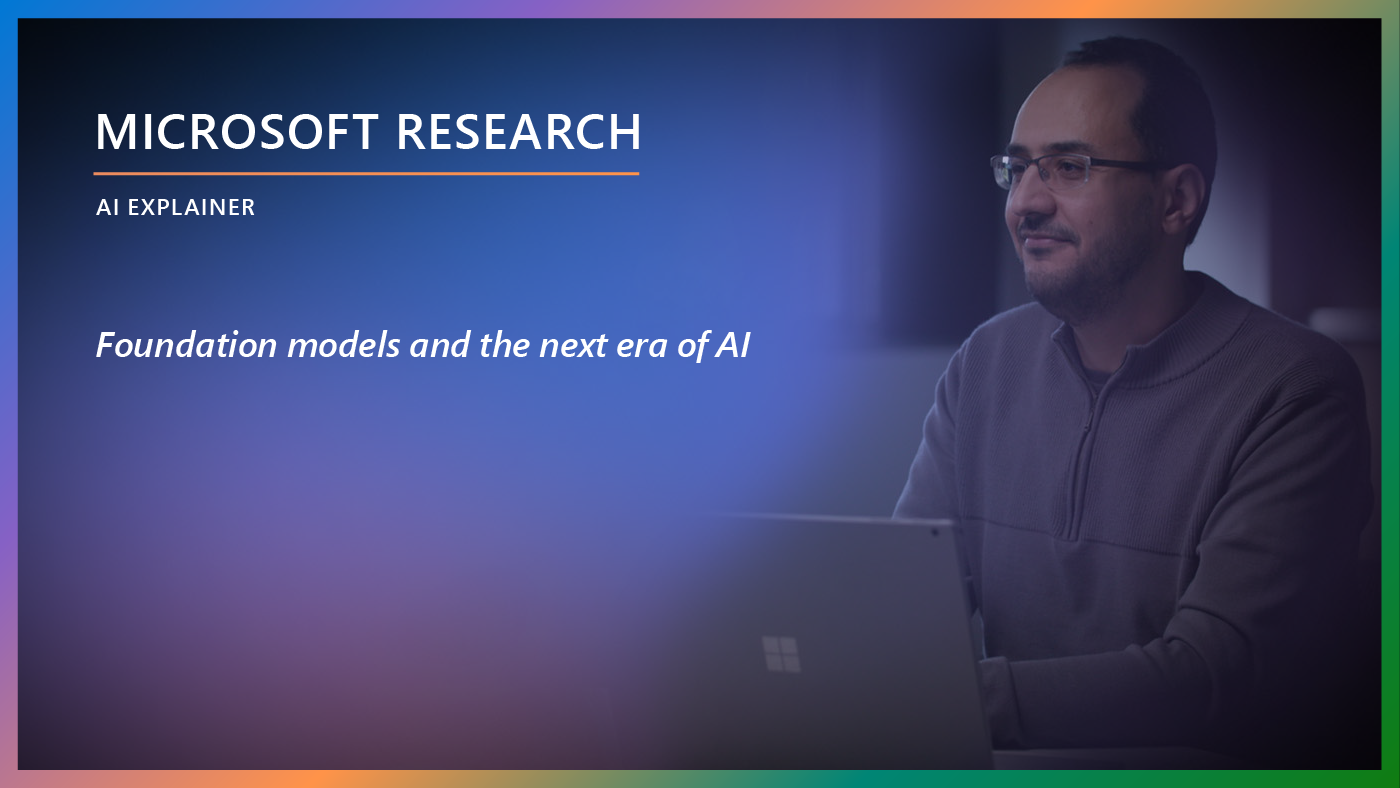The sun shone brightly in Redmond yesterday, matching the intensity of 600 experts—each anticipating the sharing and acquisition of computing research knowledge—gathered in the Microsoft Conference Center for day one of the 2015 Microsoft Research Faculty Summit. These days, it is common for most audiences to half listen, heads down, focused on their tablets and smartphones—the very devices that have emanated from their collective labors. I was comforted to see that this was not the case during the keynotes, panel discussions, and topic breakout sessions that filled the day.

P. Anandan, managing director of Microsoft Research, kicked off the 2015 Microsoft Research Faculty Summit.
Diversity is the word that comes to mind as I look back over the first day of the event. Diversity in that the participants represent the full breadth of computing disciplines, coming from more than 120 institutions and 20 countries, and that they discussed a wide range of topics: from Internet governance to application design, the past and future of AI and the role of open source in research.
Spotlight: On-demand video
More importantly to me, diversity in the human sense received full attention in the session, “How to Attract More Diverse Researchers”. The panel initiated a candid discussion on disabilities, ethnic and gender diversity in computer science and computer engineering departments. The panel presented some sobering numbers on how far we are from addressing this issue. The challenges are clear, as industry and academia have a distinct role in promoting greater diversity.

Jeannette Wing, corporate VP of Microsoft Research, presented the opening keynote, “Microsoft’s Unique Role in the Computing Research Ecosystem”
Diversity was complimented by breadth, as we reached out to the entire world of computer scientists and enthusiasts with live streaming of some of the day’s key events. The live webcast kicked off with the opening keynote, in which Jeanette Wing (opens in new tab), corporate VP of Microsoft Research, echoed a theme that has been central to every Microsoft Research Faculty Summit (this is our sixteenth annual summit, by the way): the importance of research collaboration with academia to Microsoft.
This was supported by new opportunities for academia, which Jeannette announced:
- The Microsoft HoloLens Academic RFP (opens in new tab) will award five (5) awards consisting of US$100,000 and two HoloLens. All awards are in the form of unrestricted gifts. For full details, visit HoloLensResearch.com (opens in new tab).
- Access this fall to Catapult (opens in new tab) equipped datacenters, made possible through our partnership with the Texas Advance Computing Center (TACC) at the University of Texas, Austin. Additionally, we are providing the academic community the ability to conduct hardware research on the field-programmable gate arrays (FPGAs) through our partnerships with the Swiss Federal Institute of Technology in Lausanne (EPFL) and the Swiss Federal Institute of Technology in Zurich (ETH Zurich).

Eric Horvitz, managing director of Microsoft Research, moderated the panel, “Progress in AI: Myths, Realities, and Aspirations.” The panelists, from left to right, included Josh Tenenbaum, Michael Littman, Fei-Fei Li, Oren Etzioni, and Christopher Bishop.
Following the opening keynote, we were treated to a series of presentations related to artificial intelligence (AI) research: past, present and future. This began with a plenary panel discussion, streamed live, on AI’s myths, realities and aspirations—a discussion that made it clear that while we have advanced a long way since our initial explorations into AI, we’ve also opened up new horizons that will provide rich challenges for many generations of researchers. I will let you decide for yourself, as the panel discussion (opens in new tab) and Jeanette Wing’s keynote (opens in new tab) are already available on demand (opens in new tab).
Today will be another full day of exploring the latest research trends in computing. We are again streaming (opens in new tab) important portions of the day’s events, starting with a keynote from Monica Lam (opens in new tab), professor of computer science at Stanford University. Lam’s keynote, “A Revolution against Big-Brother Social Networks,” discusses her work with Omlet (opens in new tab), an open messaging service and distributed computing platform that has been distributed to millions of phones.
Later in the day, we will stream (opens in new tab) the Faculty Summit’s closing keynote from Peter Lee (opens in new tab), corporate VP at Microsoft Research. His talk will explore the nature of research, with an emphasis on the importance of collaboration and the role of innovation.
I hope you’ll join us online.
Harold Javid (opens in new tab), Director of Academic Outreach, Microsoft Research
Learn more

